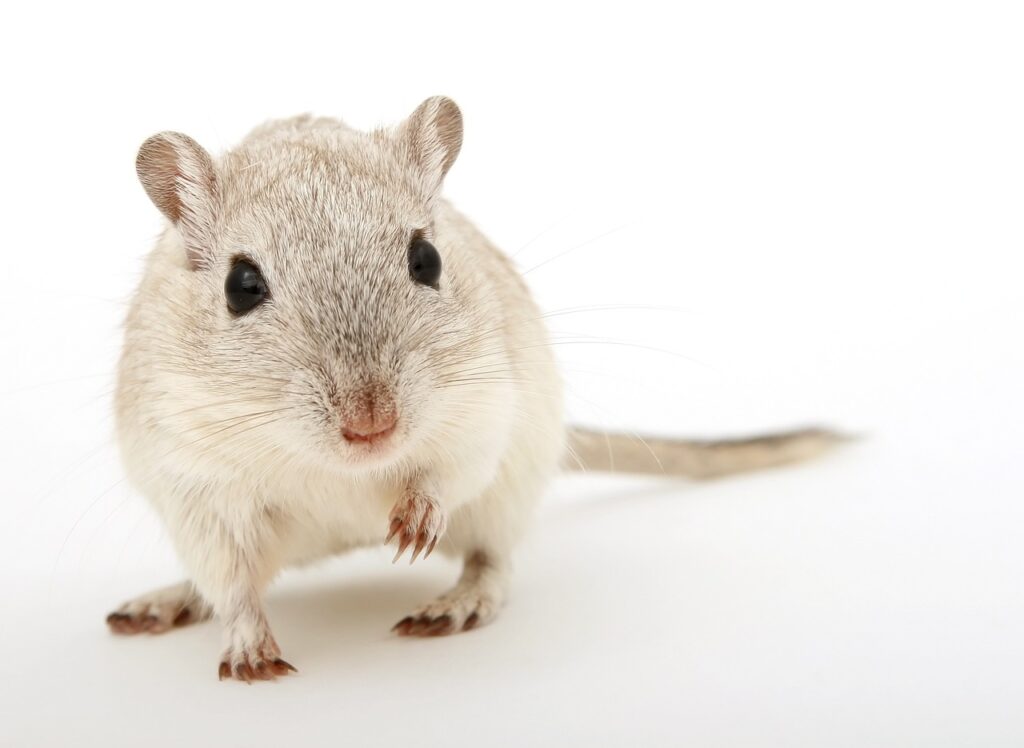Can Hamsters Eat Parsnips — A Comprehensive Guide for Pet Owners
Hamsters are adorable little creatures with unique dietary requirements. As a responsible pet owner, you might wonder if parsnips can be included in their diet. In this article, we will discuss the suitability of parsnips for hamsters and provide valuable insights into their nutritional benefits and potential considerations.
Understanding the Advantages of Parsnips in a Hamster’s Diet
When it comes to incorporating parsnips into a hamster’s diet, there are several advantages that pet owners should consider. Firstly, parsnips are rich in fiber, which can aid in digestive health and prevent issues such as constipation. Additionally, these root vegetables contain essential vitamins and minerals, including vitamin C and potassium, which contribute to overall well-being.
Furthermore, parsnips offer a delightful variety in taste and texture, allowing hamsters to experience different flavors and enriching their feeding experience. Adding parsnips to their diet can also stimulate their natural foraging instincts and prevent boredom.
The Recommended Frequency and Quantity of Parsnips for Hamsters
While parsnips can be a beneficial addition to a hamster’s diet, it’s crucial to offer them in moderation. Serving parsnips as an occasional treat rather than a staple food item is recommended. As these vegetables are high in natural sugars, excessive consumption can lead to weight gain and potential health issues.
For optimal health benefits, pet owners can offer a small piece of parsnip, approximately the size of a fingernail, once or twice a week. This controlled quantity ensures that hamsters receive the nutritional advantages without compromising their overall well-being.
Considerations and Cautions for Feeding Parsnips to Hamsters
While parsnips are generally safe for hamsters when consumed in moderation, there are a few considerations to keep in mind. As with introducing any new food, it is essential to monitor your hamster’s reaction after consuming parsnips. Some hamsters may have sensitivities or allergies to certain foods, including parsnips. In such cases, it is advisable to halt the intake of parsnips and consult a veterinarian if any adverse symptoms appear.
Additionally, it is vital to remember that parsnips should only be served fresh and thoroughly washed. Avoid feeding your hamster cooked or seasoned parsnips, as they may contain harmful additives or excessive salt content that can be detrimental to their health. Always prioritize the health and safety of your furry friend.
Can Other Pets Safely Consume Parsnips?
While parsnips can indeed be a healthy addition to a hamster’s diet, it’s important to note that certain pets may not share the same suitability. Other small animals, such as guinea pigs and rabbits, can safely consume parsnips, provided they are introduced gradually and in appropriate quantities. However, it is crucial to research and consult a veterinarian before offering parsnips to these pets, as they may have varying dietary requirements.
Conclusion
In conclusion, parsnips can be a safe and nutritious addition to a hamster’s diet. These fiber-rich vegetables offer several advantages, including digestive health support and essential vitamins. However, it is important to serve them in moderation and be aware of any potential sensitivities or allergies. Remember to prioritize your hamster’s well-being and consult a veterinarian if you have any concerns or questions regarding their diet. With responsible feeding, your furry friend can enjoy the benefits of parsnips while maintaining a balanced and healthy lifestyle.






